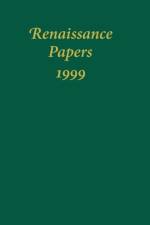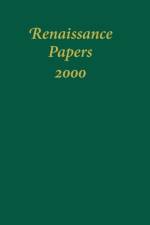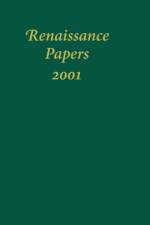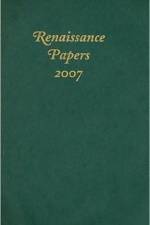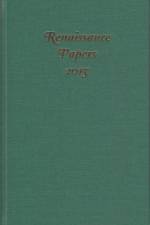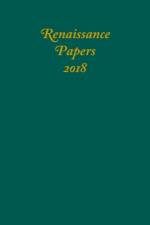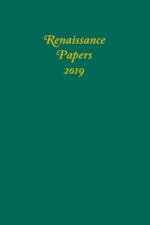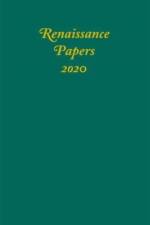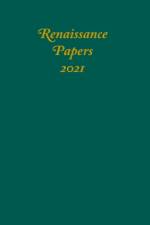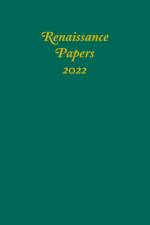av Jim Pearce
1 505,-
Sixty-sixth annual volume, taking in a range of topics relating to the literature of the period, from the power of naming to Shakespeare and Spenser, Herbert, Margaret Tyler and Margaret Cavendish, and Ben Jonson.Renaissance Papers collects the best scholarly essays submitted each year to the Southeastern Renaissance Conference. The 2019 volume, the sixty-sixth annual, features essays from the conference held at North Carolina StateUniversity, as well as essays submitted directly to the journal. The volume opens with an essay on the power of naming in creating early modern subjectivities, followed by a pair of provocative discussions of Shakespeare's plays:the first addresses temporal gaps in A Winter's Tale; the second is a reading of misogyny in The Taming of the Shrew in which Petruchio is no longer seen as "e;the true tamer."e; The two essays at the epicenter of thisyear's volume focus on religious topics, with a consideration of the mystical, specifically the notion of ascesis, in the work of Shakespeare and Spenser, followed by a more sublunary presentation of religious themes in George Herbert's estate poems. The next essay proposes a novel source for Margaret Tyler's reference to "e;the Jews"e; in her "e;Mirror of Princely Deeds and Knighthood"e; and is followed by a reconsideration of the variety of epitaphic subgenres available in the seventeenth century. The penultimate essay addresses Margaret Cavendish, Ben Jonson, and humanist dramaturgy, and the essay that concludes the journal examines Jonson's attempts to construct a hierarchy of literaryvalue within the complex constraints of the early modern marketplace. Contributors: Faith Acker, William A. Coulter, Sonia Desai, Kristen N. Gragg, Kara McCabe, Robert Lanier Reid, Ward Risvold, Rachel M. De Smith Roberts, Deneen M. Senasi.

